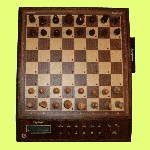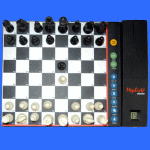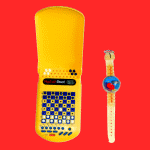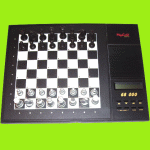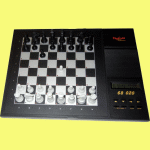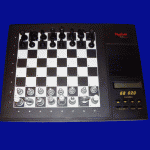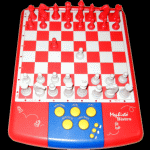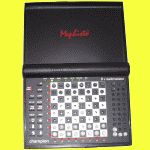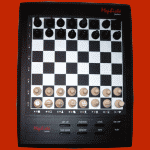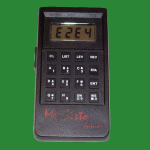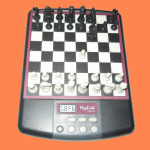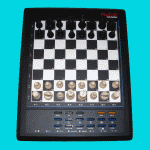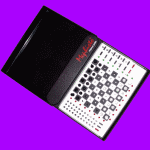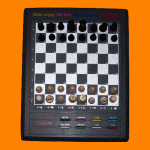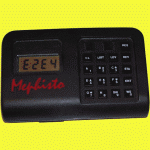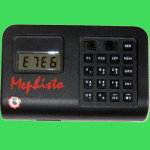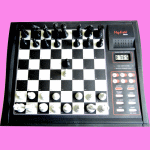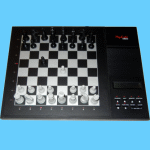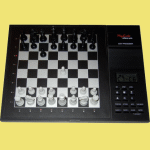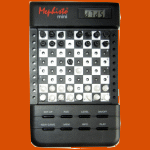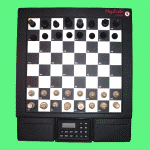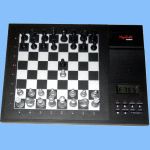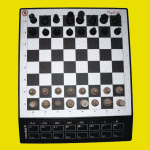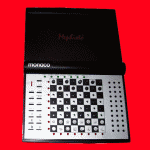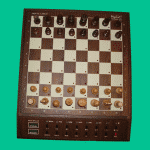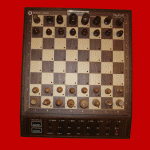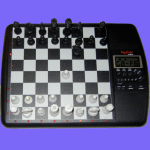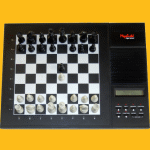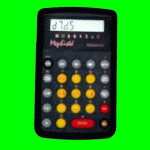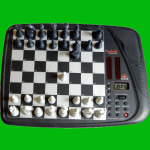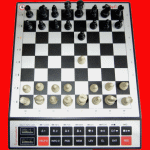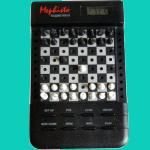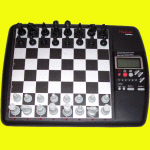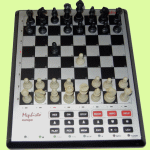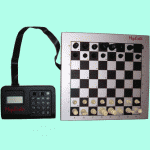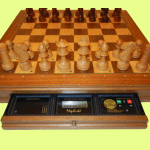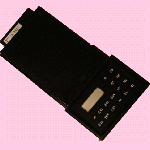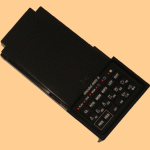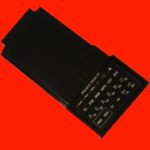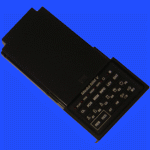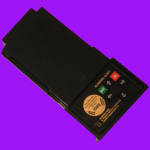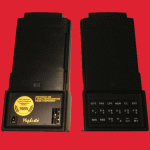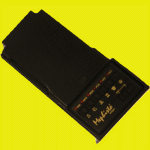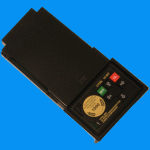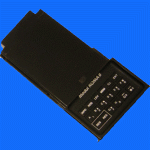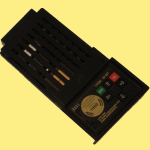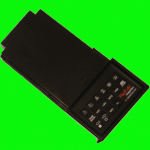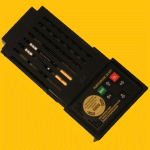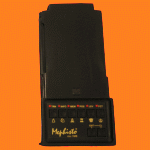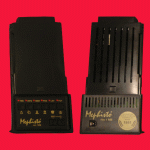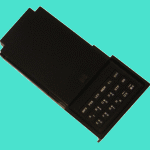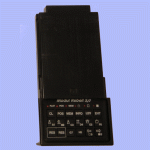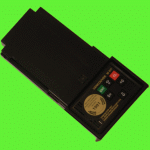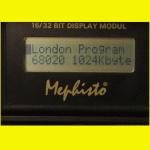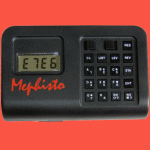Manfred Hegener and Florian Glaser started their business in 1969 in order to produce semi-conductors. In 1978 they came into contact with programmers Thomas Nitsche and Elmar Henne. In 1980 the Brand “Mephisto” was created and the first German chess computer Mephisto, also nicknamed “Das Brickett” (The Brick) was sold to the German public.
In 1984 Hegener & Glaser managed to add programmer Richard Lang to their Team who in that year with his “Psion” chess computer software had just finished in a shared 1st place with three other competitors in the 1984 World Microcomputer Chess Championship (WMCCC). Theoretically Richard Lang’s “Psion” although equal on points would have won this tournament due to the tougher Swiss pairing, however as four machines finished in equal first place; they all agreed to share the championship. Since Thomas Nitsche and Elmar Henne’s Mephisto III-S Glasgow also competed in this 4th WMCCC, this meant that Hegener & Glaser now had two world champion programmers in their Team. Interestingly, Mephisto III-S Glasgow was a commercial program whereas the other first place finishers where an either an experimental computer not yet available in the market or as in “Psion’s” case a software program. Hegener & Glaser could therefore claim and advertise their Mephisto III-S Glasgow as the 1984 Commercial World Champion.
Richard Lang’s Mephisto programming at Hegener & Glaser proved to be an extremely successful venture as he went on to wins the next six World Microcomputer Chess Championships:
04. 1984 Glasgow Fidelity Elite X, Conchess X, Mephisto III-S Glasgow, Psion
05. 1985 Amsterdam Mephisto Amsterdam
06. 1986 Dallas Mephisto Dallas
07. 1987 Rome Mephisto Roma
08. 1988 Almeria Mephisto Almeria
09. 1989 Portoroz Mephisto Portorose
10. 1990 Lyon Mephisto Lyon
This success made Mephisto the World's largest and successful manufacturer of dedicated chess computers during the 1980’s.
In 1989 Hegener & Glaser bought their flailing American competitor Fidelity Electronics, but by 1992 Hegener & Glaser themselves were in trouble due to the changing market demand which had switched to the increased mass of cheap but strong personal computer chess software.
Finally in 1994, Hegener & Glaser sold their company to Saitek Ltd. after having suffered some large losses and setbacks in the previous two years, many of which were caused when they had to absorb enormous losses made by Fidelity Electronics in North America which ultimately caused the downfall of both companies.
Dear Chess Friend!
Congratulations on the purchase of your MEPHISTO chess- computer!!
We would like to welcome you to the growing club of owners of MEPHISTO chess computers and hope that you will have many hours of entertainment with your new partner. Your MEPHISTO is a high-quality product, manufactured in Germany. It is simple to use and yet offers a large number of features.
We would like to wish you hours of fun and exciting chess with your MEPHISTO!
“Welcome” message taken from a Mephisto User Manual.
1989
Academy
Table Top
1993
Alaska
Table Top
1996
1997
1996
America
Atlanta
America II
Table Top
Table Top
Table Top
124455 - 1993
025509 - 1995
026001 - 1995
1992
1994
Avanti
Beach in Red
Beach in Yellow
Berlin 68000
Berlin Professional

Table Top
Travel
Travel
Table Top
Table Top
1996
025509 - 1995
440 - 1995
1987
1990
Berlin Pro London Upgrade
Bistro in Red
Champion
Europa
Europa A

Table Top
Table Top
Travel
Table Top
Table Top


1990
3003 - 1992
126503 -1996
1993
1987
Junior
Junior Travel
Madison
Manhattan
Marco Polo
Table Top
Travel
Table Top
Table Top
Travel
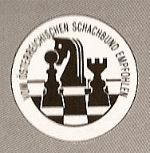
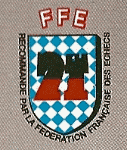
Several “MEPHISTO” chess computers were also endorsed by the Austrian, Dutch and French Chess Federations.

1988
1991
M08 - 2000
1980
1981
Mega IV
Mein Erster
Melbourne
Mephisto I
Mephisto II
Table Top
Table Top
Table Top
Travel
Travel
1983
1987
M02 -1999
1998
1991
Mephisto III
Merlin 16K
MeXs
Miami
Milano


Travel
Table Top
Table Top
Travel
Table Top
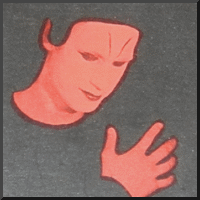
Mephisto Muse
Picture taken from a Mephisto Chess Computer Box.
225008 - 1996
1989
1986
1992
1986
Milano Pro
Mini
Mirage Modular Board
Modena
Monaco
Table Top
Travel
Table Top
Table Top
Travel
1985
1987
1988
1998
1987
Mondial
Mondial II
Mondial 68000XL
Montana
Monte Carlo



Table Top
Table Top
Table Top
Table Top
Table Top
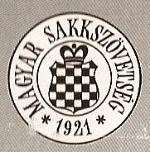
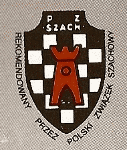
Some more Chess Federations who endorsed MEPHISTO chess computers. The Hungarian and Polish Chess Federations.
1989
1990
1993
1995
M03 - 1998
Monte Carlo IV
Monte Carlo IV Limited Edition
Montreal
Montreux
Mystery



Table Top
Table Top
Table Top
Table Top
Table Top
129504 - 1995
1993
475 - 1995
200500 - 1995
1989
Mythos
Nigel Short
Schachcomputer 64
Schach-Trainer
Schachschule

Table Top
Table Top
Travel
Table Top
Table Top

Hegener & Glaser were headquartered in Munich, Germany.
Picture taken from an old brochure.

Mehisto chess computers, your entrance to the world of chess.
468 - 1996
1986
1989
1992
1986
Solar King
Super Mondial
Super Mondial II
Supermini
Teufelchen

Table Top
Table Top
Table Top
Travel
Travel

MEPHISTO produced three types of modular game systems for chess. The MOBIL/MIRAGE portable versions for traveling, the early ESB table top versions and the hugely successful MODULAR table top versions. All these systems are still very popular today amongst chess collectors because of the variety of electronic opponents available to compete against.
1984
1984
Mirage Module
Mobil Module


Travel
Travel
1983
1981
ESB 3000
ESB 5000

Table Top
Table Top
1982
ESB 6000

Table Top

Mephisto modular wooden chess boards. Above picture shows the Mephisto Exclusive modular chess board.
1983
Mdular

Table Top
1983
Exclusive

Table Top
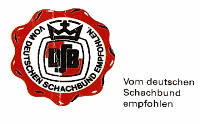
Many Mephisto chess computers were endorsed by the German Chess Federation.
1985
1990
Muenchen
Bavaria

Table Top
Table Top
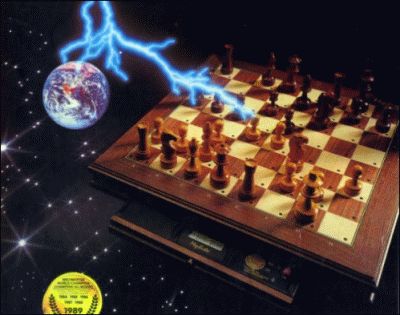
Mephisto modular wooden chess boards. Above picture shows the Mephisto Muenchen modular chess board.
1985
B & P

8 Bit Module
1983
MM I

8 Bit Module
1984
Mirage
8 Bit Module
1985
MM II
8 Bit Module
1983
MM 3000
8 Bit Module
1987
MM IV
8 Bit Module
1990
MM V
8 Bit Module
1996
MM VI

8 Bit Module
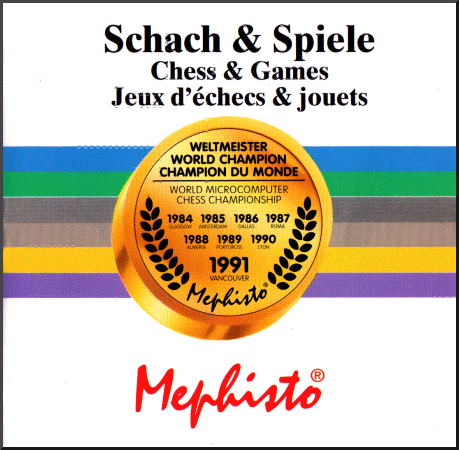
Mephisto Chess & Games. Above picture was taken from the Mephisto 1991 Product Catalog.
1984
III-S Glasgow

68000 - 16 Bit Module
1988
Almeria
68000 - 16 Bit Module
1985
Amsterdam
68000 - 16 Bit Module
1986
Dallas

68000 - 16 Bit Module
1996
London
68000 - 16 Bit Module
1989
Polgar
8 Bit Module
1990
Lyon
68000 - 16 Bit Module
1989
Portorose

68000 - 16 Bit Module
1987
Roma

68000 - 16 Bit Module
1989
Roma II
68000 - 16 Bit Module
1991
Vancouver
68000 - 16 Bit Module
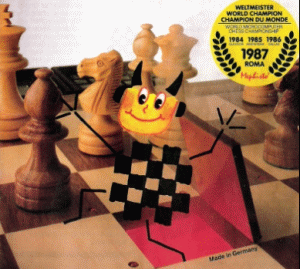
Above picture was taken from the Mephisto 1987-1988 Product Catalog.
1988
Almeria

68020 - 32 Bit Module
1986
Dallas

68020 - 32 Bit Module
1993
Genius

68030 - 32 Bit Module
1996
Genius London

68030 - 32 Bit Module
1996
London
68020 - 32 Bit Module
1990
Lyon
68020 - 32 Bit Module
1998
Magellan
SH7034 - 32 Bit Module
1989
Portorose
68020 - 32 Bit Module
1987
Roma

68020 - 32 Bit Module
1998
Senator
SH7034 - 32 Bit Module
1991
Vancouver

68020 - 32 Bit Module

Mephisto Modular Board and Travel Case, includes game module, display module and piece storage module (center).
The 8 Bit chess modules were the first modules that Mephisto developed for their new modular system. Initially on their first modules MM 1 and Mirage, an 8 MHz CDP 1806 microprocessor was used with a ROM size of 32 KB and 4 KB RAM. In 1985 with the B & P module, Mephisto replaced the CDP 1806 with the MOS Technologies 65C02 microprocessor running at a speed of 3.7 MHz. The speed was increased in subsequent modules to 5 MHz. In 1996 while under the ownership of Saitek, MM VI, the last Mephisto 8 bit chess module was sold using a Hitachi H8 microprocessor. You might occasionally see or read about modules at other speeds, these have been modified and no longer have the original Mephisto specifications.
The first 16 Bit computer Mephisto sold using a Motorola 68,000 microprocessor was Mephisto Excalibur in 1983 running at a speed of 8 MHz. This was followed in 1984 with Mephisto III-S Glasgow running at 12 MHz. Subsequent Mephisto models that used the 68,000 microprocessor were all sold with 12 MHz speed with the exception of Roma II which had 10 MHz. You might occasionally see or read about modules at other speeds, these have been modified and no longer have the original Mephisto specifications.
The first 32 Bit computer Mephisto sold using a Motorola 68,020 microprocessor was Mephisto Dallas in 1986 running at a speed of 14 MHz. With the exception of Roma that also ran at 14 MHz, subsequent 68,020 microprocessor modules sold by Mephisto ran at 12 MHz. The 16 Bit range of chess modules were the more affordable range whereas the 32 Bit range targeted the more affluent chess enthusiasts. Generally the 68,020 range was twice as fast as the 68,000 range, making the programs stronger. With the exception of Mephisto Tournament machines, Mephisto also sold a 33 MHz 68,030 module named Genius. London was never sold officially by Mephisto. this was ROM that was sold by the programmer Richard Lang. It was made available for the Motorola 68,000, 68020 and 68,030 microprocessors. You could swap out the ROM of the appropriate chess modules. London works with Almeria, Portorose, Lyon, Vancouver and Genius. Magellan and Senator were sold in the last few years in the life of Mephisto, while under the ownership of Saitek. These two modules used a 20 MHz SH7034 microprocessor. You might occasionally see or read about modules at other speeds, these have been modified and no longer have the original Mephisto specifications.
In 1992 with Risc and in 1994 with Risc 2, Mephisto produced two modules for the modular chess boards, using a 32 Bit ARM2 32 microprocessor from the British manufacturer Acorn. These modules ran at a speed of 14 MHz.
1992
Risc
ARM - 32 Bit Module
1994
Risc 2
ARM - 32 Bit Module

Judit Polgar endorsing Mephisto. Picture was taken from a Mephisto Catalog.
To celebrate their World Championships Mephisto sold a select number of Tournament Machines at a high cost to the public. Needless to say not many were sold making them a sought after collectors item nowadays.
1990
TM Lyon

68030 - 32 Bit
1991
TM Vancouver

68030 - 32 Bit
1986
Rebell 5.0
8 Bit Module


1996
PC Modul

PC Connection Module
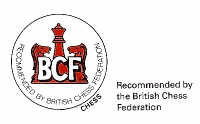
Many Mephisto chess computers were endorsed by the British Chess Federation.

